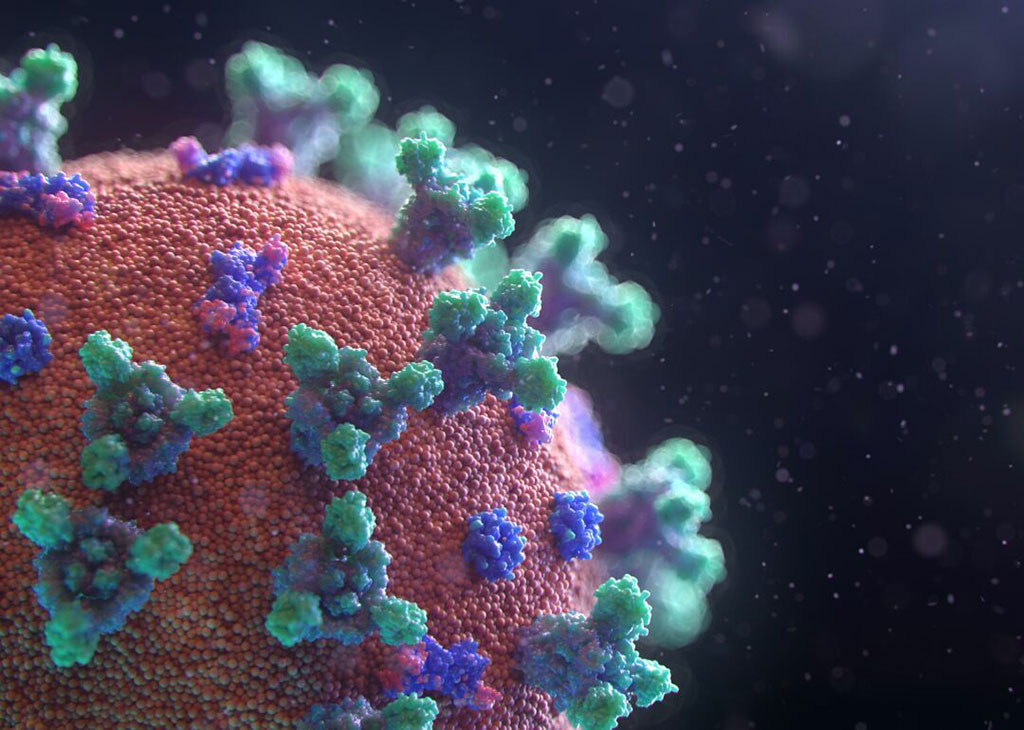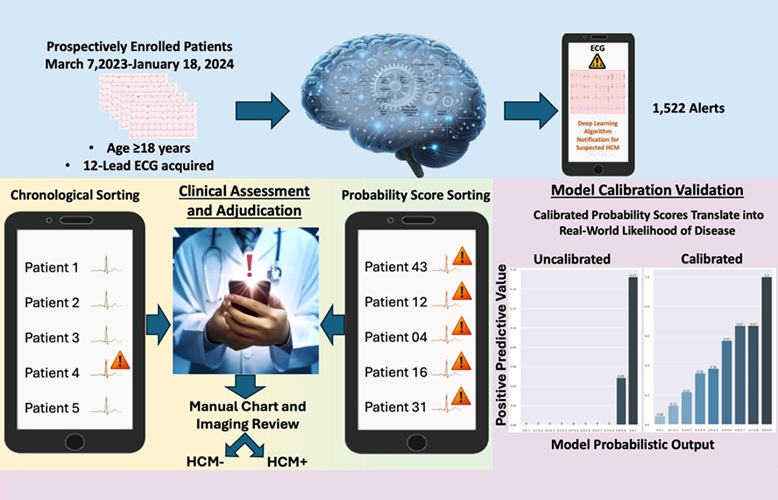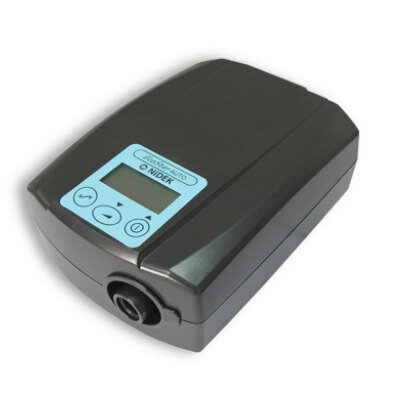First Study Shows SARS-CoV-2 Induces Long-Lived Memory B Cells That May Provide Lifelong Immunity to COVID-19
|
By HospiMedica International staff writers Posted on 30 Sep 2020 |

Illustration
New research suggests that past colds may provide some protection from the SARS-CoV-2 virus and that immunity to COVID-19 is likely to last a long time, maybe even a lifetime.
A study by infectious disease experts at the University of Rochester Medical Center (Rochester, NY, USA) is the first to show that SARS-CoV-2 induces memory B cells, long-lived immune cells that detect pathogens, create antibodies to destroy them and remember them for the future. The next time that pathogen tries to enter the body, those memory B cells can hop into action even faster to clear the infection before it starts. Because memory B cells can survive for decades, they could protect COVID-19 survivors from subsequent infections for a long time, but further research will have to bear that out.
The study is also the first to report cross-reactivity of memory B cells, meaning that B cells which once attacked cold-causing coronaviruses appeared to also recognize SARS-CoV-2. The researchers believe that this could mean that anyone who has been infected by a common coronavirus - which is nearly everyone - may have some degree of pre-existing immunity to COVID-19. These findings are based on a comparison of blood samples from 26 people who were recovering from mild to moderate COVID-19 and 21 healthy donors whose samples were collected six to 10 years ago, long before they could have been exposed to COVID-19. From those samples, the researchers measured the levels of memory B cells and antibodies that target specific parts of the spike protein, which exists in all coronaviruses and is crucial for helping the viruses infect cells.
The spike protein looks and acts a little different in each coronavirus, although one of its components, the S2 subunit, remains similar across all of the viruses. Memory B cells are unable to differentiate between the spike S2 subunits of the different coronaviruses and attack indiscriminately. At least, the study found that was true for beta-coronaviruses, a subclass that includes two cold-causing viruses as well as SARS, MERS and SARS-CoV-2. What the study did not show was the level of protection provided by cross-reactive memory B cells and how it impacts patient outcomes.
“That’s next,” said David Topham, Ph.D., the Marie Curran Wilson and Joseph Chamberlain Wilson Professor of Microbiology and Immunology at URMC, who runs the lab that conducted this work. “Now we need to see if having this pool of pre-existing memory B cells correlates with milder symptoms and shorter disease course - or if it helps boost the effectiveness of COVID-19 vaccines.”
Related Links:
University of Rochester Medical Center
A study by infectious disease experts at the University of Rochester Medical Center (Rochester, NY, USA) is the first to show that SARS-CoV-2 induces memory B cells, long-lived immune cells that detect pathogens, create antibodies to destroy them and remember them for the future. The next time that pathogen tries to enter the body, those memory B cells can hop into action even faster to clear the infection before it starts. Because memory B cells can survive for decades, they could protect COVID-19 survivors from subsequent infections for a long time, but further research will have to bear that out.
The study is also the first to report cross-reactivity of memory B cells, meaning that B cells which once attacked cold-causing coronaviruses appeared to also recognize SARS-CoV-2. The researchers believe that this could mean that anyone who has been infected by a common coronavirus - which is nearly everyone - may have some degree of pre-existing immunity to COVID-19. These findings are based on a comparison of blood samples from 26 people who were recovering from mild to moderate COVID-19 and 21 healthy donors whose samples were collected six to 10 years ago, long before they could have been exposed to COVID-19. From those samples, the researchers measured the levels of memory B cells and antibodies that target specific parts of the spike protein, which exists in all coronaviruses and is crucial for helping the viruses infect cells.
The spike protein looks and acts a little different in each coronavirus, although one of its components, the S2 subunit, remains similar across all of the viruses. Memory B cells are unable to differentiate between the spike S2 subunits of the different coronaviruses and attack indiscriminately. At least, the study found that was true for beta-coronaviruses, a subclass that includes two cold-causing viruses as well as SARS, MERS and SARS-CoV-2. What the study did not show was the level of protection provided by cross-reactive memory B cells and how it impacts patient outcomes.
“That’s next,” said David Topham, Ph.D., the Marie Curran Wilson and Joseph Chamberlain Wilson Professor of Microbiology and Immunology at URMC, who runs the lab that conducted this work. “Now we need to see if having this pool of pre-existing memory B cells correlates with milder symptoms and shorter disease course - or if it helps boost the effectiveness of COVID-19 vaccines.”
Related Links:
University of Rochester Medical Center
Latest COVID-19 News
- Low-Cost System Detects SARS-CoV-2 Virus in Hospital Air Using High-Tech Bubbles
- World's First Inhalable COVID-19 Vaccine Approved in China
- COVID-19 Vaccine Patch Fights SARS-CoV-2 Variants Better than Needles
- Blood Viscosity Testing Can Predict Risk of Death in Hospitalized COVID-19 Patients
- ‘Covid Computer’ Uses AI to Detect COVID-19 from Chest CT Scans
- MRI Lung-Imaging Technique Shows Cause of Long-COVID Symptoms
- Chest CT Scans of COVID-19 Patients Could Help Distinguish Between SARS-CoV-2 Variants
- Specialized MRI Detects Lung Abnormalities in Non-Hospitalized Long COVID Patients
- AI Algorithm Identifies Hospitalized Patients at Highest Risk of Dying From COVID-19
- Sweat Sensor Detects Key Biomarkers That Provide Early Warning of COVID-19 and Flu
- Study Assesses Impact of COVID-19 on Ventilation/Perfusion Scintigraphy
- CT Imaging Study Finds Vaccination Reduces Risk of COVID-19 Associated Pulmonary Embolism
- Third Day in Hospital a ‘Tipping Point’ in Severity of COVID-19 Pneumonia
- Longer Interval Between COVID-19 Vaccines Generates Up to Nine Times as Many Antibodies
- AI Model for Monitoring COVID-19 Predicts Mortality Within First 30 Days of Admission
- AI Predicts COVID Prognosis at Near-Expert Level Based Off CT Scans
Channels
Critical Care
view channel
Smart Bandage Monitors Chronic Wounds in Human Patients
A future smart bandage, envisioned as a "lab on skin," could assist both patients and caregivers by not only monitoring chronic wounds but also delivering treatment and accelerating the healing process... Read more
AI Identifies Patients with Increased Lung Cancer Risk Up To 4 Months Earlier
Earlier diagnosis plays a crucial role in improving the prognosis of cancer, as delays in starting therapy are associated with decreased survival rates. In most cases, cancer is first identified when symptoms... Read more
AI Algorithm Identifies High-Risk Heart Patients
Hypertrophic cardiomyopathy (HCM) is a complex condition characterized by the thickening of the heart muscle, which impairs the heart's ability to pump blood effectively. This forces the heart to work... Read more
Next Gen Hemodynamic Monitoring Solution Provides AI-Driven Clinical Decision Support
A new cutting-edge hemodynamic monitoring platform, equipped with predictive artificial intelligence (AI)-based algorithms, is designed to help clinicians proactively manage blood pressure fluctuations... Read moreSurgical Techniques
view channel
DNA Origami Improves Imaging of Dense Pancreatic Tissue for Cancer Detection and Treatment
One of the challenges of fighting pancreatic cancer is finding ways to penetrate the organ’s dense tissue to define the margins between malignant and normal tissue. Now, a new study uses DNA origami structures... Read more
Pioneering Sutureless Coronary Bypass Technology to Eliminate Open-Chest Procedures
In patients with coronary artery disease, certain blood vessels may be narrowed or blocked, requiring a stent or a bypass (also known as diversion) to restore blood flow to the heart. Bypass surgeries... Read more
Intravascular Imaging for Guiding Stent Implantation Ensures Safer Stenting Procedures
Patients diagnosed with coronary artery disease, which is caused by plaque accumulation within the arteries leading to chest pain, shortness of breath, and potential heart attacks, frequently undergo percutaneous... Read more
World's First AI Surgical Guidance Platform Allows Surgeons to Measure Success in Real-Time
Surgeons have always faced challenges in measuring their progress toward surgical goals during procedures. Traditionally, obtaining measurements required stepping out of the sterile environment to perform... Read morePatient Care
view channel
Portable Biosensor Platform to Reduce Hospital-Acquired Infections
Approximately 4 million patients in the European Union acquire healthcare-associated infections (HAIs) or nosocomial infections each year, with around 37,000 deaths directly resulting from these infections,... Read moreFirst-Of-Its-Kind Portable Germicidal Light Technology Disinfects High-Touch Clinical Surfaces in Seconds
Reducing healthcare-acquired infections (HAIs) remains a pressing issue within global healthcare systems. In the United States alone, 1.7 million patients contract HAIs annually, leading to approximately... Read more
Surgical Capacity Optimization Solution Helps Hospitals Boost OR Utilization
An innovative solution has the capability to transform surgical capacity utilization by targeting the root cause of surgical block time inefficiencies. Fujitsu Limited’s (Tokyo, Japan) Surgical Capacity... Read more
Game-Changing Innovation in Surgical Instrument Sterilization Significantly Improves OR Throughput
A groundbreaking innovation enables hospitals to significantly improve instrument processing time and throughput in operating rooms (ORs) and sterile processing departments. Turbett Surgical, Inc.... Read moreHealth IT
view channel
Printable Molecule-Selective Nanoparticles Enable Mass Production of Wearable Biosensors
The future of medicine is likely to focus on the personalization of healthcare—understanding exactly what an individual requires and delivering the appropriate combination of nutrients, metabolites, and... Read more
Smartwatches Could Detect Congestive Heart Failure
Diagnosing congestive heart failure (CHF) typically requires expensive and time-consuming imaging techniques like echocardiography, also known as cardiac ultrasound. Previously, detecting CHF by analyzing... Read moreBusiness
view channel
Expanded Collaboration to Transform OR Technology Through AI and Automation
The expansion of an existing collaboration between three leading companies aims to develop artificial intelligence (AI)-driven solutions for smart operating rooms with sophisticated monitoring and automation.... Read more
















